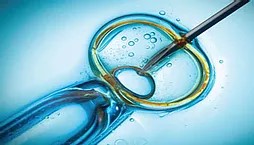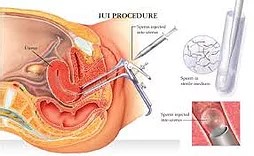What You need to know
about Infertility . . .
The Definition of Infertility/subfertility
This is defined as failure to achieve conception after 12 months of regular and unprotected sexual intercourse. At this stage fertility investigations should be done to assess the cause of the problem. In women with irregular periods or are older than 35 years investigations should be started after 6 months. Subfertility affects about 10% couples.
BART CENTRE
Stats
1
Years in Operation
1
Lives Touched
1
Babies Delivered
Treatment By
Fertility Experts



